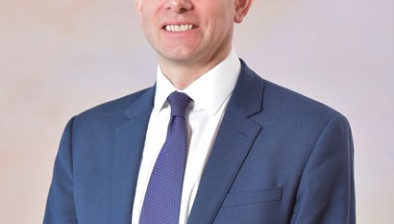CIOT highlights tourist tax funding concerns
Scotland’s councils need clarity about how they will be expected to pay for the costs of implementing Scotland’s new tourist tax, according to the Chartered Institute of Taxation (CIOT).

Alexander Garden
In written evidence to a Scottish Government consultation on proposals to give councils the power to introduce a Transient Visitor Levy, the CIOT called on the Scottish Government and the Convention of Scottish Local Authorities (COSLA) to ensure that the potential costs associated with administering and policing the levy were included in any future budget negotiations.
The Institute said this clarity was needed to ensure councils and the tourism industry were compliant with any future levy, adding that funding could be needed to ensure:
- Councils can identify which properties to include on a register of properties rented commercially
- The availability of appropriate systems – and council staff – to process and verify tax returns
- The capability of councils to raise awareness of the tax through communications campaigns, and to ensure that the tourist industry complies with the rules underpinning the tax
- The ability to levy penalties against those found to be in breach of the rules
The CIOT added that its preference was for the Scottish Government to establish a national framework for operating the levy, providing guidance on how councils should administer the tax.
This would make the tax easier to operate across Scotland, reduce burdens on businesses and make it easier for visitors to understand. It would also respect the independence and autonomy of councils to make their own decisions on whether they would choose to implement the tax and the amounts they would charge.
Alexander Garden, chair of the Chartered Institute of Taxation’s Scottish Technical Committee, said: “If councils are going to be given the power to levy taxes on tourists, then we think it is important that they know from the outset how they are going to be expected to pay for its operation.
“The consultation is silent on where the resources for administering and policing the tax would come from. Theoretically, this could come from existing council budgets, from a proportion of the money raised from the tax or from extra funding from central government.
“A nationally designed framework for operating the tax, providing clear guidelines on how the tax will be designed and what will be taxable, should be relatively straightforward to operate, even if individual councils choose to set different rates.
“But at a time when council budgets are already stretched, the Scottish Government and COSLA need to ensure that the costs of implementing the tax are included as part of future budget negotiations.”









